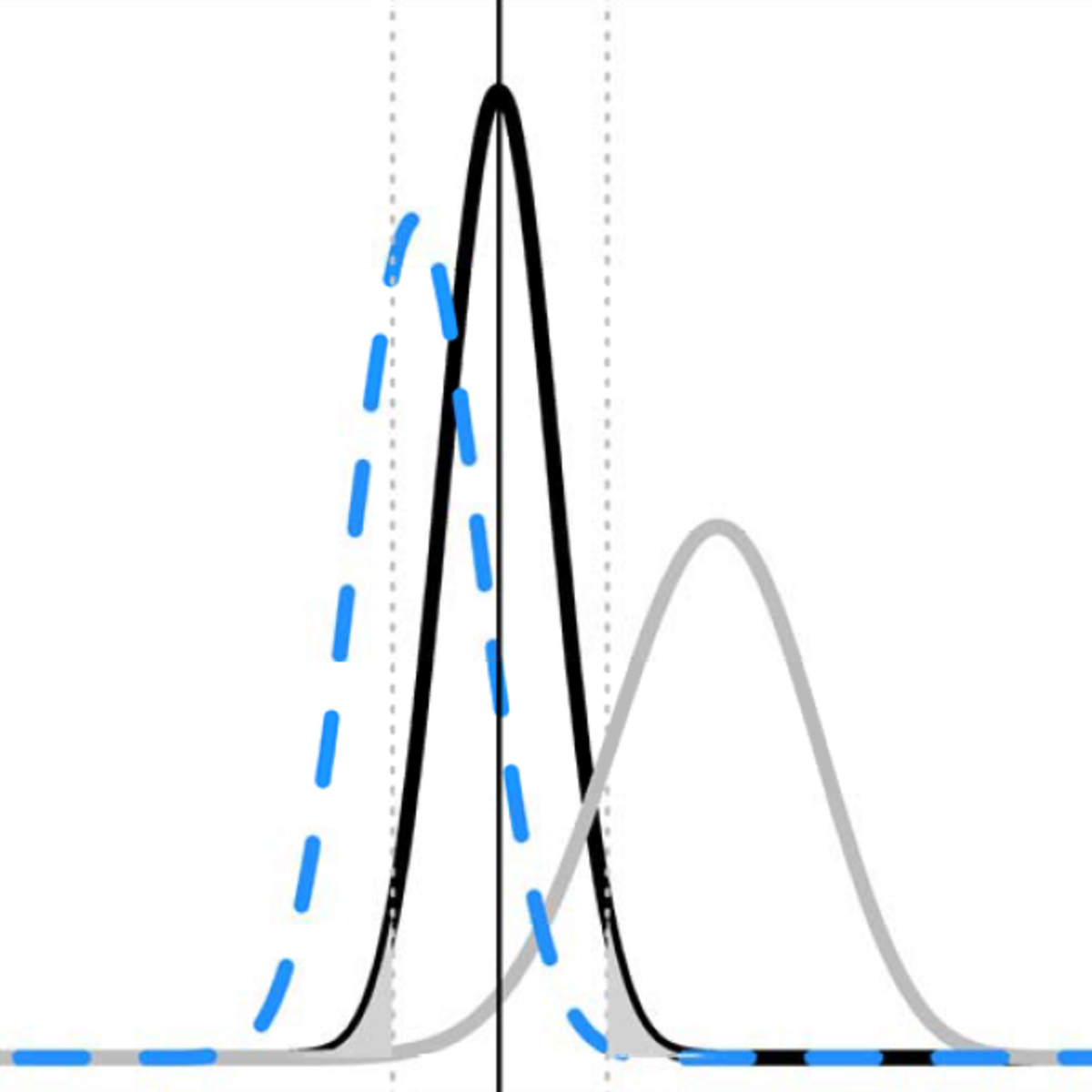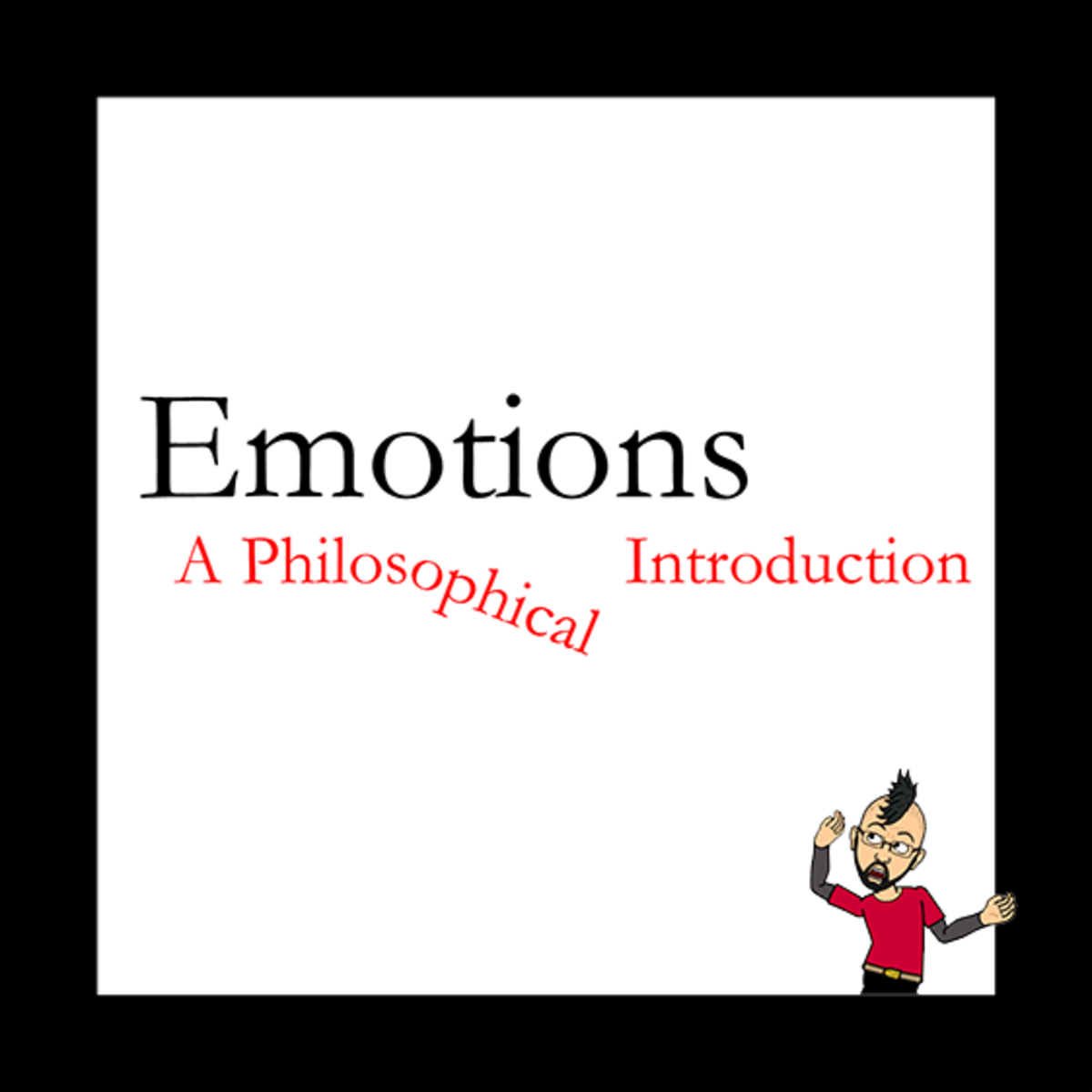Back to Courses






Psychology Courses - Page 8
Showing results 71-77 of 77

Unethical Decision Making in Organizations
This course 'Unethical decision making in organizations : A seminar on the dark side of the force' will teach you how strong organizational contexts push good people towards unethical decisions. You will also learn how to protect yourself and your organization against such forces lurking in the dark.
About the Course
This course teaches how narrow frames and strong contexts can push good people towards unethical decisions and how they can protect themselves and their organization against ethical blindness.
The goal of this course is to empower the participants to analyze the risks of unethical or illegal behavior that might be triggered by powerful contexts. It draws from various disciplines such as management, psychology, sociology, philosophy, and literature, in order to learn what these disciplines contribute to a better understanding of unethical behavior. The course also analyzes some of the most prominent organizational scandals of the recent decades through the lenses of these disciplines.
Whenever we hear about ethical scandals, we tend to believe that unethical or illegal behaviour in organizations is driven by character deficiencies of individual actors. Put differently, we simply assume that bad things are done by bad people. However, numerous corporate scandals have demonstrated that even people with a high level of integrity can break the rules if they are put into a strong context.
A better understanding of why and under what conditions good people make bad ethical decisions will enable us to better protect individuals as well as their respective organizations against the potentially overwhelming power of the context. It will also enable us to cure societies from problems like corruption.
At the end of the course, you are able to:
1. Explain the impact of social context on individual decision making using various theories (from Management, Sociology, Psychology, and Philosophy)
2. Apply these theories to the analysis of some of the most eminent organizational scandals of the recent decades
3. Assess risks of ethical blindness in your own organizational context
4. Design interventions to reduce such risks for yourself and your organization
Recommended Background
No background expertise is required. The course is open for interested layperson as well as experts who work on related topics, be it as researchers or practitioners (e.g., compliance managers in corporations).
Why is this course important for me?
Currently, the understanding of why good people make unethical decisions is rather limited, related research is rather fragmented, and the management of such problems in organizations is overly simplistic, legalistic, and inadequate. Understanding contexts, including the dangers of routines, the mindlessness of our daily decisions, and the healing power of mindful decision-making routines is of increasing importance. In this course, you will learn the latest knowledge and the appropriate tool box for dealing with ethical challenges that you will face throughout your life!
What do I need to follow this course?
We build bridges between various scientific disciplines and will familiarize you with those disciplines smoothly. You need no expertise, just come and share your own real-world experiences about unethical decisions. After all, we are all experts in making decisions—some more ethically, some less ethically—aren’t we?

Improving your statistical inferences
This course aims to help you to draw better statistical inferences from empirical research. First, we will discuss how to correctly interpret p-values, effect sizes, confidence intervals, Bayes Factors, and likelihood ratios, and how these statistics answer different questions you might be interested in. Then, you will learn how to design experiments where the false positive rate is controlled, and how to decide upon the sample size for your study, for example in order to achieve high statistical power. Subsequently, you will learn how to interpret evidence in the scientific literature given widespread publication bias, for example by learning about p-curve analysis. Finally, we will talk about how to do philosophy of science, theory construction, and cumulative science, including how to perform replication studies, why and how to pre-register your experiment, and how to share your results following Open Science principles.
In practical, hands on assignments, you will learn how to simulate t-tests to learn which p-values you can expect, calculate likelihood ratio's and get an introduction the binomial Bayesian statistics, and learn about the positive predictive value which expresses the probability published research findings are true. We will experience the problems with optional stopping and learn how to prevent these problems by using sequential analyses. You will calculate effect sizes, see how confidence intervals work through simulations, and practice doing a-priori power analyses. Finally, you will learn how to examine whether the null hypothesis is true using equivalence testing and Bayesian statistics, and how to pre-register a study, and share your data on the Open Science Framework.
All videos now have Chinese subtitles. More than 30.000 learners have enrolled so far!
If you enjoyed this course, I can recommend following it up with me new course "Improving Your Statistical Questions"

Data Collection: Online, Telephone and Face-to-face
This course presents research conducted to increase our understanding of how data collection decisions affect survey errors. This is not a “how–to-do-it” course on data collection, but instead reviews the literature on survey design decisions and data quality in order to sensitize learners to how alternative survey designs might impact the data obtained from those surveys.
The course reviews a range of survey data collection methods that are both interview-based (face-to-face and telephone) and self-administered (paper questionnaires that are mailed and those that are implemented online, i.e. as web surveys). Mixed mode designs are also covered as well as several hybrid modes for collecting sensitive information e.g., self-administering the sensitive questions in what is otherwise a face-to-face interview. The course also covers newer methods such as mobile web and SMS (text message) interviews, and examines alternative data sources such as social media. It concentrates on the impact these techniques have on the quality of survey data, including error from measurement, nonresponse, and coverage, and assesses the tradeoffs between these error sources when researchers choose a mode or survey design.
Positive Psychology: Applications and Interventions
Positive interventions are one of the building blocks for the application of positive psychology in our day-to-day lives. In this course taught by Dr. James Pawelski, we explore positive interventions through theory, research and practice. We provide learners the basic tools for using and measuring positive psychology in professional or personal contexts. Suggested prerequisite: Positive Psychology: Martin E. P. Seligman’s Visionary Science.

Mindfulness and Well-being: Living with Balance and Ease
This is the sequel course to Foundations of Mindfulness that will continue to provide a broad overview of the fundamental concepts, principles, and practices of mindfulness. With interactive exercises to help students explore their own attitudes, mental habits and behaviors, Foundations of Mindfulness series offers a pathway for living with more freedom, authenticity and ease. Featured components of the course include experiential exercises, guided meditations, personal reflection and interactive discussions.
Living with Balance and Ease will not only cover some of the fundamentals of mindfulness, but will focus on connecting to the innate resources and abilities that will allow for a more effective response to life's challenges, build resiliency, and invite peace and ease into everyday life.
Although this course can be taken as a standalone, it is recommended to take the first Foundations of Mindfulness course before beginning this course.

Emotions: a Philosophical Introduction
Philosophy is like sex: sure you can get some interesting results, but that's not why we do it. Going one step beyond…why do you FEEL pain or pleasure? Do plants have emotions? How is possible that some people do not understand other’s emotions? Emotions seem to be everywhere, giving meaning to all events of our lives. They are the backbone of social activities as well as they drive the cognitive processes of several living entities. Several animals, including humans, have emotions but…what about machines?...Do machine can have emotions?
This course will help you to understand and to identify most important philosophical ideas and debates about emotions, as well as it will provide you a rich source of data about neurological, psychological or anthropological analysis of emotions.
In a nutshell: this is a course to feel and think about.

Children's Human Rights - An Interdisciplinary Introduction
Drawing on the contributions of several academic disciplines including law, psychology, sociology, history, educational and health sciences, economy and anthropology, an interdisciplinary approach guides the student into a selection of critical issues concerning children’s rights. Participants will gain insight relative to the development of this specific human rights category, as well as to the evolution of the challenges faced by children over time and society’s efforts to respond. Successful international strategies and programs promoting children’s rights will be highlighted, as well as the role of key actors involved in international organizations working in this field. This open online course provides an overview of the most important features of children’s human rights. A central portion of the MOOC will consist of a presentation of the international and regional standards on children’s rights and the related international and regional judicial and quasi-judicial bodies designed to ensure their implementation.
No prerequisites or specific background is required to register for this MOOC. The course is conceived as an introductory level program, but participants, who wish to deepen their knowledge in the field of children’s rights, or already have some prior knowledge, will have access to additional reading material on a weekly basis. Participants who successfully complete the class activities and final assessment may request for a paid certificate of accomplishment signed by the Instructor and the main professors responsible for the program. However, no credits are awarded.
The course consists of seven topical modules distributed on 4 weeks. English is the only language of instruction.
Popular Internships and Jobs by Categories
Find Jobs & Internships
Browse
© 2024 BoostGrad | All rights reserved